
Article
‘Ancestry problem’ Sends CRISPR Astray in Some People
Reference genomes used to direct the gene editor fail to account for human diversity in those of African descent
Science,
2022
Read or listen offline
1×
Recommendation
CRISPR has amazing promise – the ability to edit any gene. But it needs an RNA “guide sequence” to direct it to the gene it is supposed to edit (and ideally, only to that gene). Such guide sequences are usually made by looking at a set of reference genomes. However, these reference genomes come from only a few people, and do not capture the genetic diversity of much of humanity. CRISPR techniques will thus not work as well in populations whose genomes are not included, especially people with African ancestry, whose genomes are more diverse than those of other populations. Scientists are now working on tools that can include those who have previously been left out.
Take-Aways
About the Author
Jocelyn Kaiser is a staff writer for Science magazine.
By the same author
Article









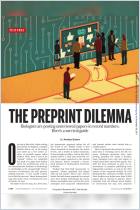
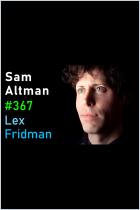
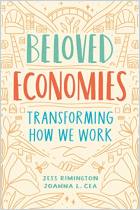
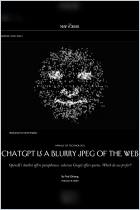
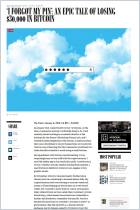

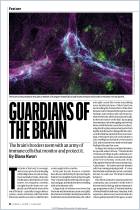
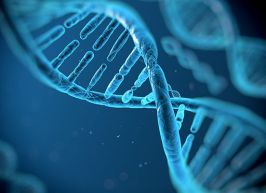

Comment on this summary or Diskussion beginnen